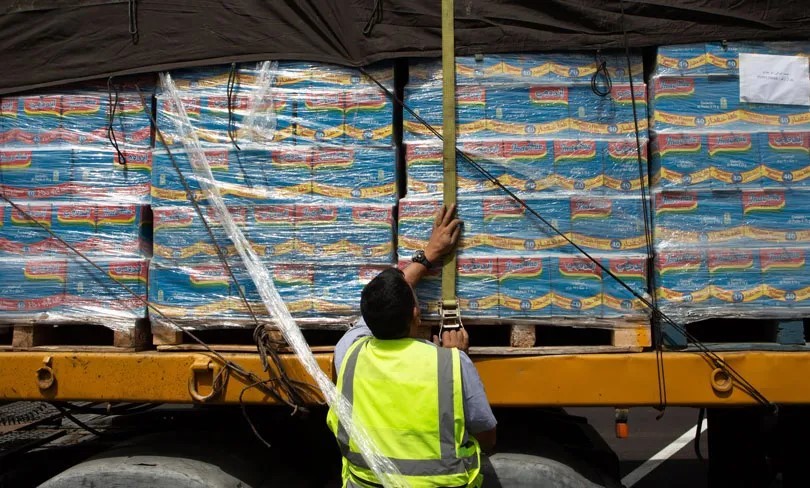
One of the key provisions of the ceasefire deal which went into effect last week is that more aid will flow into Gaza. In the first two weeks or so of January, just 614 trucks entered the Strip. Now that number enters nearly every day. The aid trucks bring much-needed food, fuel, and medicine, but aid alone is not enough to rehabilitate Gaza. For that, Israeli policies need to change.
NIF recently gave the Society for International Development (SID-Israel) — an umbrella organization of international development and humanitarian aid organizations — a $50,000 emergency grant to help shift Israeli policy around humanitarian aid in Gaza. They have developed a forum that includes some 50 members, most of whom are aid organizations alongside academic experts and independent consultants with extensive experience in the field. It is steered by a coalition of Israeli organizations including the leading progressive think tank, and NIFC project partner, Mitvim: The Israeli Institute for Regional Foreign Policies.
Their goal is to bring the issues surrounding humanitarian aid in Gaza into sharp relief, and bring to bear the thinking of civil society organizations, government institutions, academic and research programs, private companies, consultants, and independent experts to improve the situation on the ground in Gaza. Together, they will create working groups that will produce policy papers they will submit to the IDF and the government.
Now that the first stage of the ceasefire agreement has begun, the Israeli and international community of human rights workers have an opportunity to begin to work to rebuild the Gaza Strip. We are proud to support efforts from within Israel to facilitate much-needed humanitarian aid and international development.
